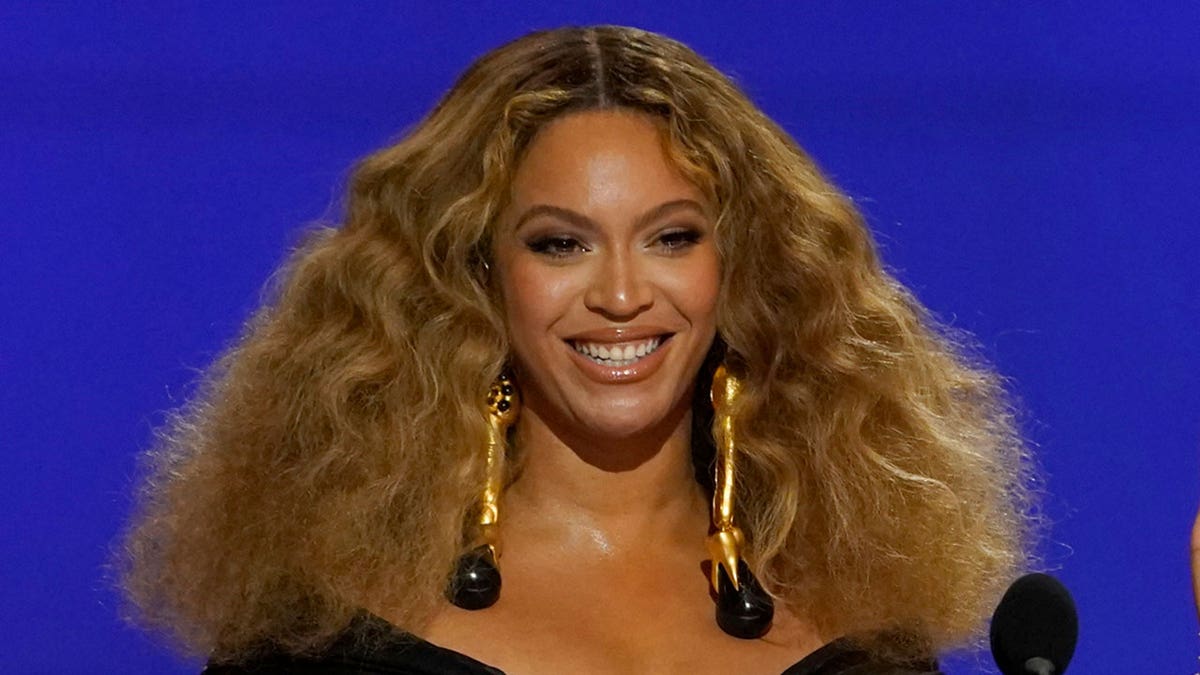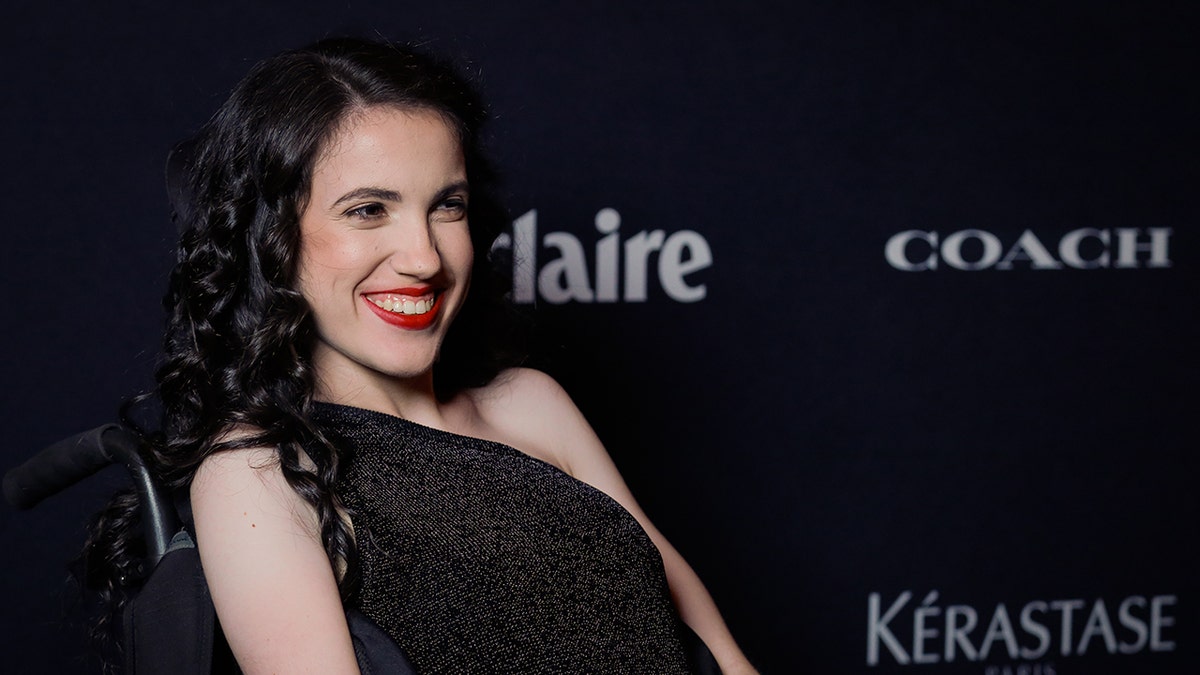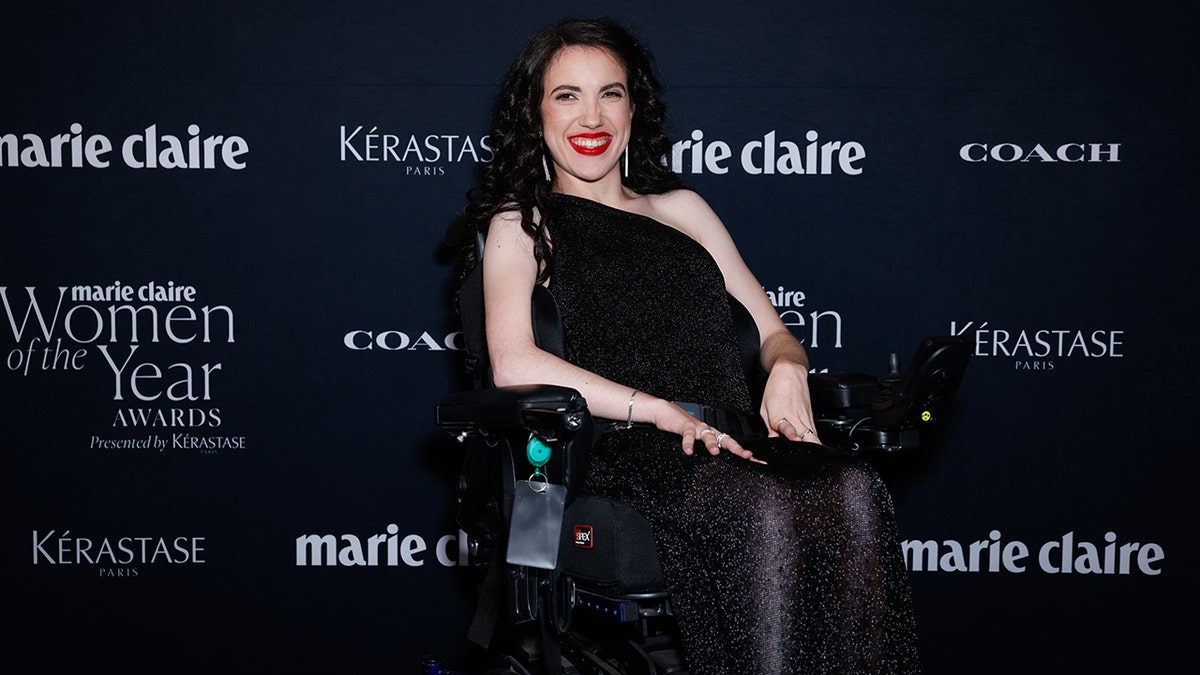DeSantis takes on Disney's 'woke' agenda in Florida
Florida radio host Mark Kaye praises the governor for stripping Disney's self-governing power in the state.
Diagnosed with cerebral palsy at birth, Hannah Diviney, 23, is hoping that the Walt Disney Company will create a princess character with disabilities for all to see.
And she is heading up a campaign that to date has gotten support from Reese Witherspoon, Jameela Jamil and Mark Hamill, according to Reuters.
Diviney of Sydney, Australia, said she believes that her life, and her journey toward self-love and acceptance, would have been quite different if she'd seen positive representations of people with disabilities in films while she was growing up, said Reuters.
NEW ‘LIVE-ACTION’ PETER PAN SHOCKS WITH MAJOR CHARACTER CHANGES WITH ‘DIVERSITY NONSENSE’
"The campaign is basically to create a disabled Disney princess and the reason for that specifically is because Disney princesses are the ones that get the most visibility," Diviney told Reuters in an interview.
She went on, "They’re the ones you see on the bedspreads and the toys and the books and the birthday parties and the Halloween costumes and all of that."

In this June 8, 2018, file photo, a person dressed as Mickey Mouse poses in front of the castle of Sleeping Beauty at Disneyland Paris, in Chessy, France. (AP Photo/Francois Mori, File)
She also said, "So [I] kind of wanted to go for maximum visibility with my choice there."
Fox News Digital reached out to Hannah Diviney for comment.
She said on Friday, March 3 in an email response, "This campaign is the transformation of a childhood dream into something tangible and real."
She added, "Representation matters to me because I never had it — and in 2023, I no longer think that’s good enough."
On her website, she writes that "a physical disability … affects my fine and gross motor skills. It means I use a wheelchair to navigate through the world."
DELTA FLIGHT ATTENDANT TELLS WHEELCHAIR PASSENGER THAT TSA WILL MAKE HIM GET OFF ‘WITH THEIR GUNS’
She also notes, in a message aimed directly to Disney, "I’m writing you this message as a young woman who has always loved Disney films but never seen herself in them."
"You’d also be providing a powerful reference point for non-disabled children to understand us and our lives."
She continues in the message, "Creating a disabled princess (we know how influential those characters are) would give millions of children around the world the invaluable chance to see themselves having adventures, rich full lives and being the hero of their own stories. You’d be working to dispel the painful idea that many children subconsciously absorb life with a disability has to mean a life without joy, adventure, friendship or love."
She adds, "Beyond that, you’d also be providing a powerful reference point for non-disabled children to understand us and our lives. You would actively be creating a culture of tolerance, acceptance, empathy and understanding to replace fear, confusion and the seeds of bigotry that are often unconsciously sowed when we are confronted with something different that is hard to understand."
Petition has 64,000 signatures to date
Diviney began an online campaign for Disney to create a princess character with disabilities in 2020, Reuters reported.
This petition, to date, has received 64,000 signatures.
She is aiming for at least 75,000, according to the campaign.
She said it was hard growing up feeling different from the other kids.
The 23-year-old, who is an editor for an online news platform for women and recently starred in an Australian TV series called "Latecomers," said it was hard for her as she grew up and felt different from other children.
Last year, Diviney called out Beyoncé and Lizzo on Twitter for using "spaz," a derogatory term for spastic diplegia, in their songs.

Last year, Diviney called out Beyoncé (shown here) and Lizzo on Twitter for using "spaz," a derogatory term for spastic diplegia, in their songs. (AP Photo/Chris Pizzello, File)
Both artists later removed the ableist slur after Diviney's tweets went viral — and recorded the songs again, Reuters reported.
On her website, Hannay Diviney describes herself as a "leading writer, disability and women's rights advocate in Sydney, Australia."
Cerebral palsy explained
Cerebral palsy (CP) affects an individual's ability to move and maintain posture.
It refers to a group of disorders affecting brain and nervous system functions, including muscle tone, motor skills, cognitive functioning, vision, hearing and speech.
It is a lifelong disability with no cure, as Fox News Digital previously reported.
Symptoms are often noticed between birth and three years of age, as children with cerebral palsy often miss important developmental milestones.
Injury to the brain often occurs while a child is still in the womb.
However, the injuries can occur during childbirth or in the early stages of brain development after birth.

Hannah Diviney attends the Marie Claire Women of the Year Awards at Rockpool on Nov. 9, 2022 in Sydney, Australia. (Hanna Lassen/Getty Images)
Parents and doctors usually notice the signs and symptoms between birth and three years of age, as children with cerebral palsy often miss important developmental milestones.
The Centers for Disease Control and Prevention (CDC) estimates that an average of one in 345 children in the U.S. have the condition.
Children with CP may be educated in either a general education classroom or a special education classroom, depending on the individual needs.
CLICK HERE TO SIGN UP FOR OUR HEALTH NEWSLETTER
Children often receive occupational therapy, physical therapy and speech therapy through early intervention services and during their school years.

Hannah Diviney is shown during her attendance at the Marie Claire Women of the Year Awards at Rockpool on Nov. 9, 2022, in Sydney, Australia. (Hanna Lassen/Getty Images)
The most common type of CP spastic diplegia, which is what Diviney has, Reuters noted.
"‘Spaz’ has been popularized as a sort of slur or cultural shorthand to mean like someone losing control or being unintelligent or having no control of their emotions," she said.
"it was definitely a word that kids use in the playground, sometimes at me, sometimes around me," she told Reuters.
CLICK HERE TO GET THE FOX NEWS APP
Reuters contributed reporting to this article.

